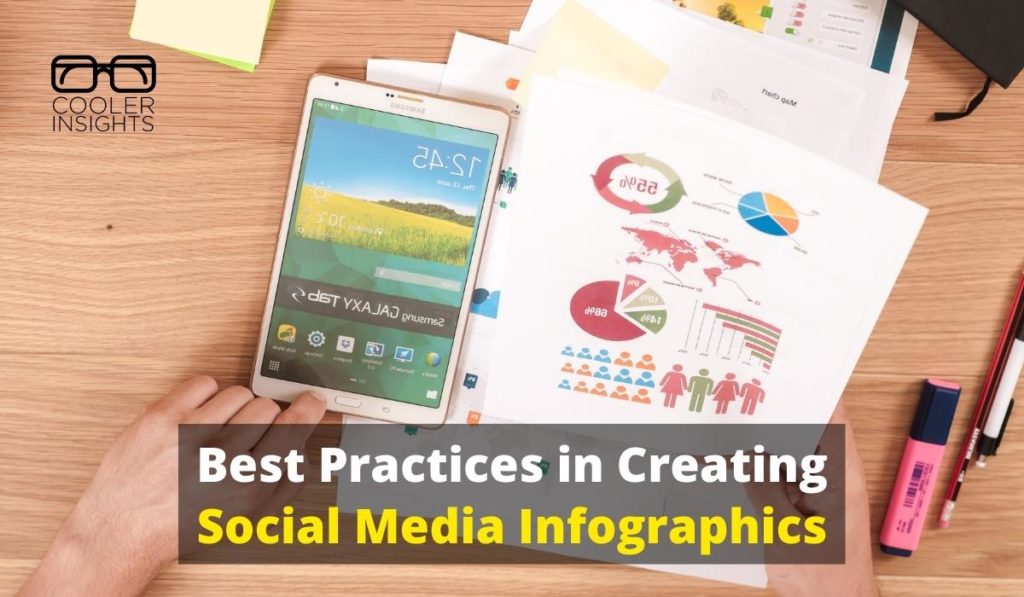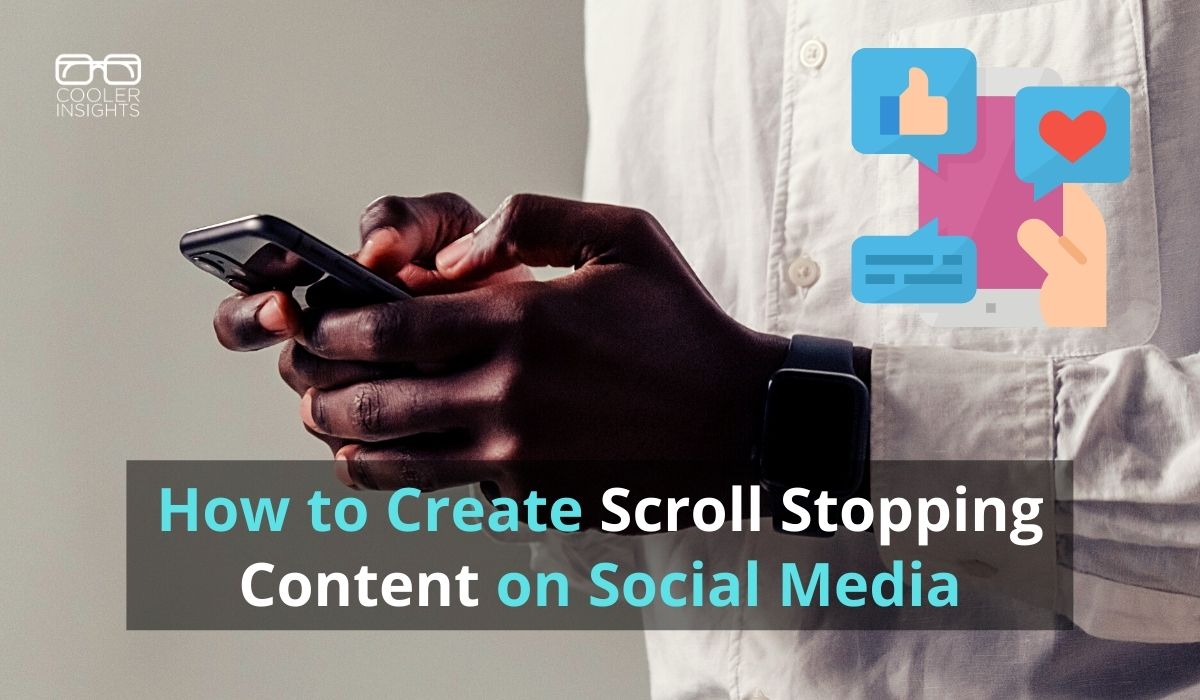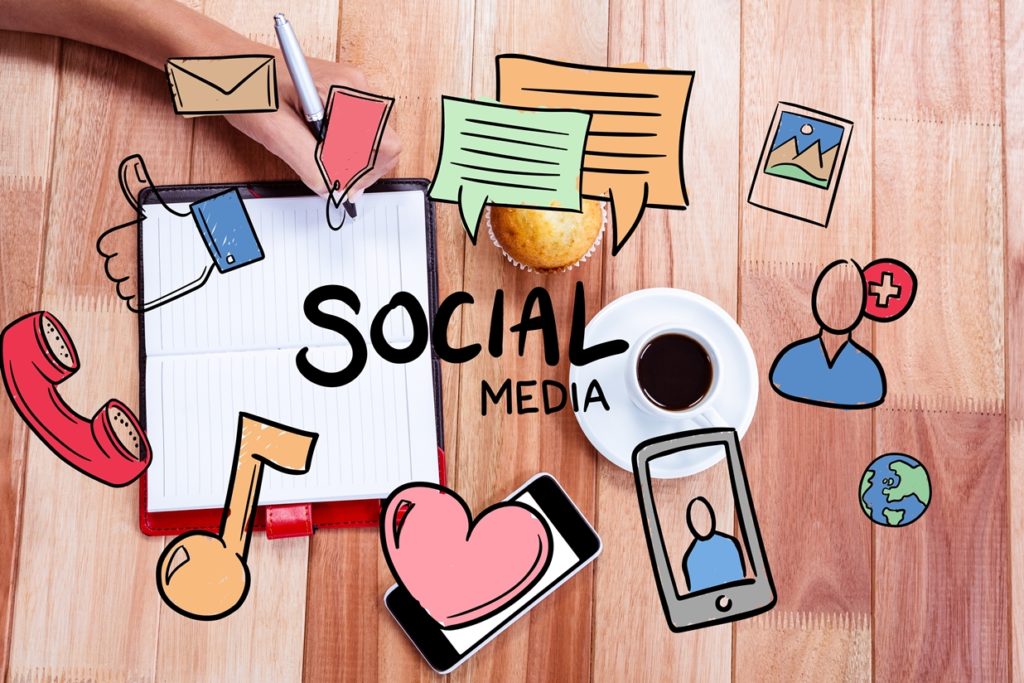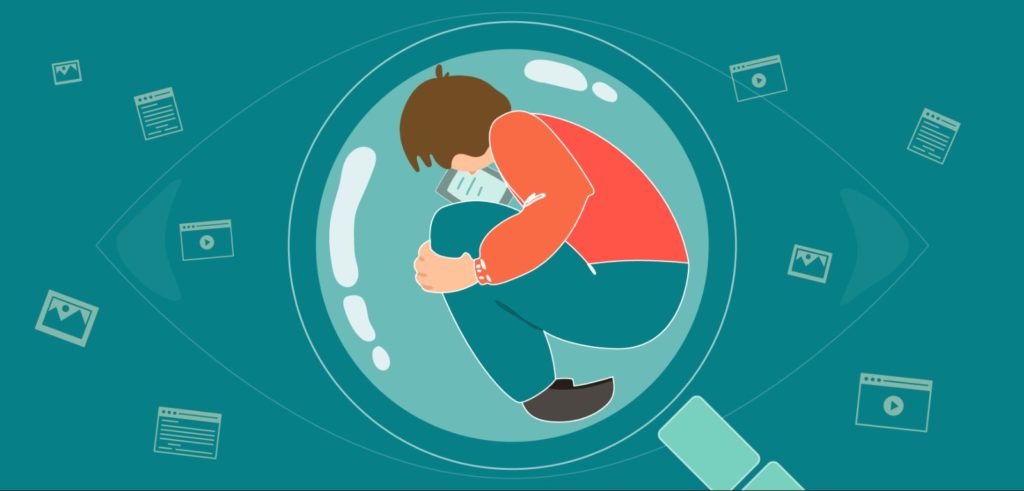
Infographics are becoming increasingly important in today’s visual-first digital world.
As visual representations of data or information, infographics are often used to communicate complex ideas clearly and effectively.

Infographics are becoming increasingly important in today’s visual-first digital world.
As visual representations of data or information, infographics are often used to communicate complex ideas clearly and effectively.

Image Source: Pexels
Social media is the primary way to reach audiences around the planet.
Channels like Facebook, Instagram, LinkedIn, Twitter, and TikTok provide incredible opportunities for instant connections and an in-built shareability factor that is any marketing team’s dream.

Size does not matter to social media marketers anymore. Well, at least not as much as it used to.
With social media platforms like Facebook, Twitter, Instagram and LinkedIn tweaking their algorithms to show users highly relevant content, there are two ways to ensure success on social media:

By now, many of you would have read about Facebook’s impending changes to the News Feed, where priority will be given to the posts of friends and family over page posts.
Beyond this, Facebook will also reduce the visibility of posts which engage in click baiting, engagement baiting, and other gamification activities.
Great content flows in the heart of social media marketing.
It attracts visitors to sign up as fans, improves post engagements, and increases click throughs to your website.

Image fromLauren Mancke
Like marriage, social media marketing is a long-term commitment.
Once you’ve launched a blog, Facebook page, YouTube channel, Instagram, Twitter, or LinkedIn account, you need to engage your online communities with a continual pipeline of quality content.
The best thing about social media marketing is that it blends the art of creativity with the science of data.
Wish to know what’s the worst thing about social media marketing? Yep, that it blends the art of creativity with the science of data!
Guilty pleasures. That’s something many of us suffer from. Especially when it comes to consuming online content.
We scroll through never-ending feeds of the sizzling and sensational. From celebrity confessions, adorably cute animals, to gruesome murders, religious riots and the latest episode of “Who should we publicly shame today?”

Courtesy of Found
Are you seeing the same old posts on Facebook? Or coming across the same old folks on your LinkedIn newsfeed?
Maybe you’ve repeatedly stumbled across uncannily accurate ads that scare the wits out of you?